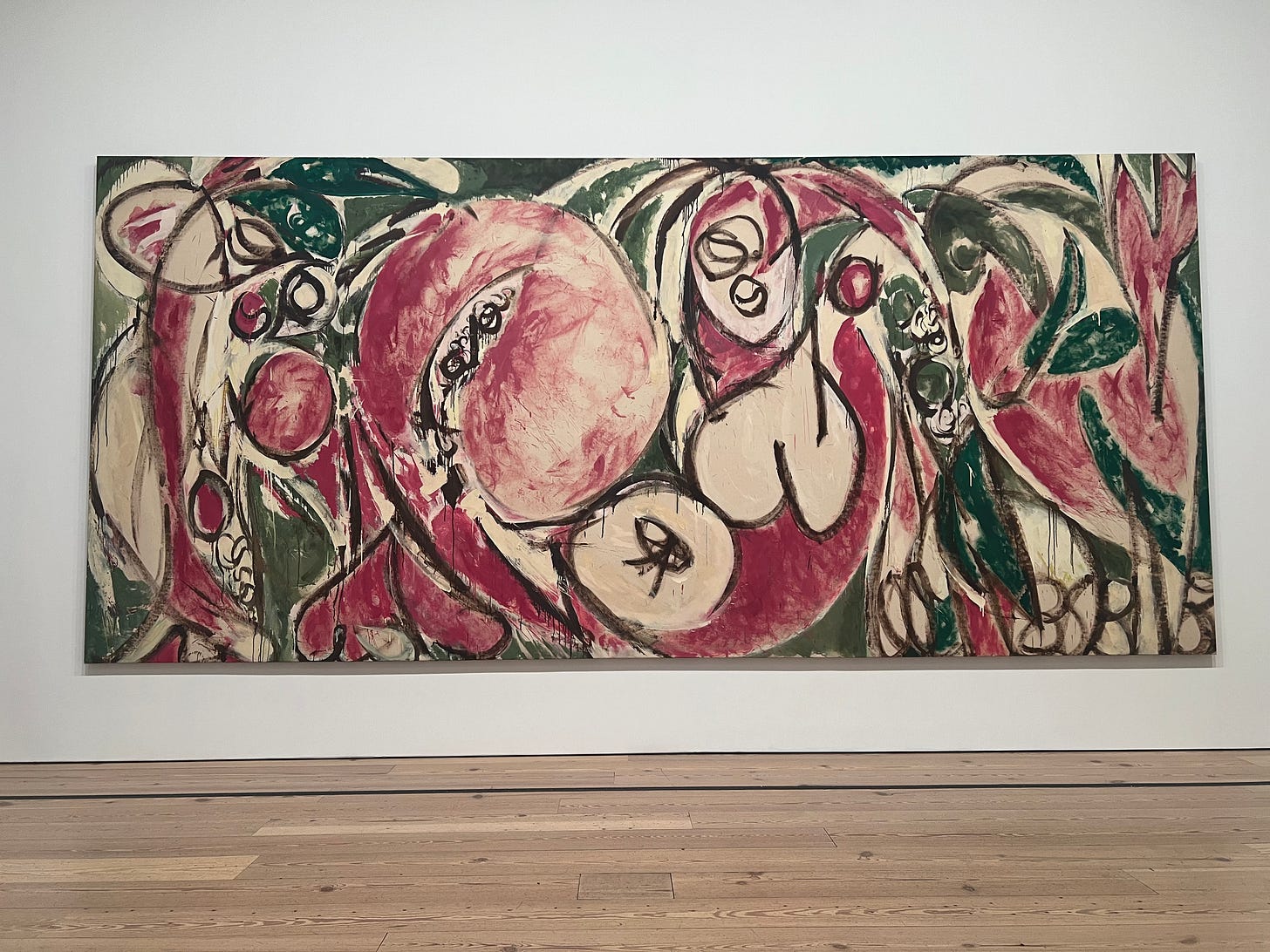The Morgan Twins with LeFrak City legend N.O.R.E.
More than 20 years ago, Marvin Morgan moved over from another city job to become a city morgue technician, caring for deceased New Yorkers in whatever state they were in when he found them. Sometimes it was in their homes, or in parks, or in the river; they had all died in different ways but they found their way to him. A year later his identical twin Melvin became a city morgue tech, too, working at Elmhurst Hospital, caring for former patients in the hospital’s basement.
Growing up their dream was to run a funeral parlor, where they would care for everyone regardless of income. It had been a dream ever since they went down to North Carolina to visit their great-grandmother’s grave but couldn’t find it in an overrun and poorly-maintained stretch of grass. That was how it was for many African-Americans back then, Melvin said, but it stayed with him and his brother. And while life got in the way of them opening their own business, they found their way into caring for the dead.
I learned about them through my editor Hasani, and I’m grateful I got to write about their lives and their work.
The Morgan twins live around LeFrak City (what I mean by that is: They live across the street, not in the complex, but they call it all LeFrak) and when they aren’t at work they’re organizing athletic events, tenant organizations, and tournaments for kids. Their jobs aren’t easy. It’s often traumatizing. One time Marvin had to perform the autopsy on a teenager he worked with in a youth sports league who he said was killed by a bunch of kids from the Bronx. Families could be hostile when you came to pick up a loved one.
The pandemic grew on them. The bodies increased.
“The families couldn't see their loved ones, they stopped all autopsies because there were too many bodies, and the family could only identify the body when it came to the funeral home,” Melvin told me, adding that knowing people died alone was the saddest part.
And still city morgue techs are often overlooked, both brothers said.
“With the job we do, we are the forgotten soldiers,” Melvin said. They had to fight to even have their profession included in a state-run bonus program for COVID health care workers.
By the end of June both brothers will be retired. They hope to enjoy retirement by continuing to help their community. Their goal is to build a community/youth center.
“We’ve been trying to get a youth center here for the longest, so I can get these kids off the streets,” Marvin said.
“We had our fair share with the dead. We’re back to the living now that we’re retired.”
You can read more about them here.
Other interesting stories this week:
How a massive Brooklyn nightclub (with at least 2 overdoses over the last few years) got help from Mayor Adams for its liquor license [GOTHAMIST]
Of course the city requires a special board and panel to decide which panels no longer make any sense. [NY1
Here’s what’s at stake in the state budget [THE CITY]
Your questions about the Trump indictment, answered [POLITICO]
LISTEN
Two FAQ episodes this week. The first is an interview with Rebecca Bratspies, who recently wrote “Naming Gotham: The Villains, Rogues and Heroes Behind New York’s Place Names.” We spoke about who Major Deegan actually was and I confess that there are maybe too many things named for Mayor LaGuardia. [FAQ]
And then Chrissy Greer and I spoke about the mayor’s trip up to Albany but mostly about rats and Fievel Mouskewitz. [FAQ]
The Seasons by Lee Krasner, at the Whitney. Thanks for reading!





